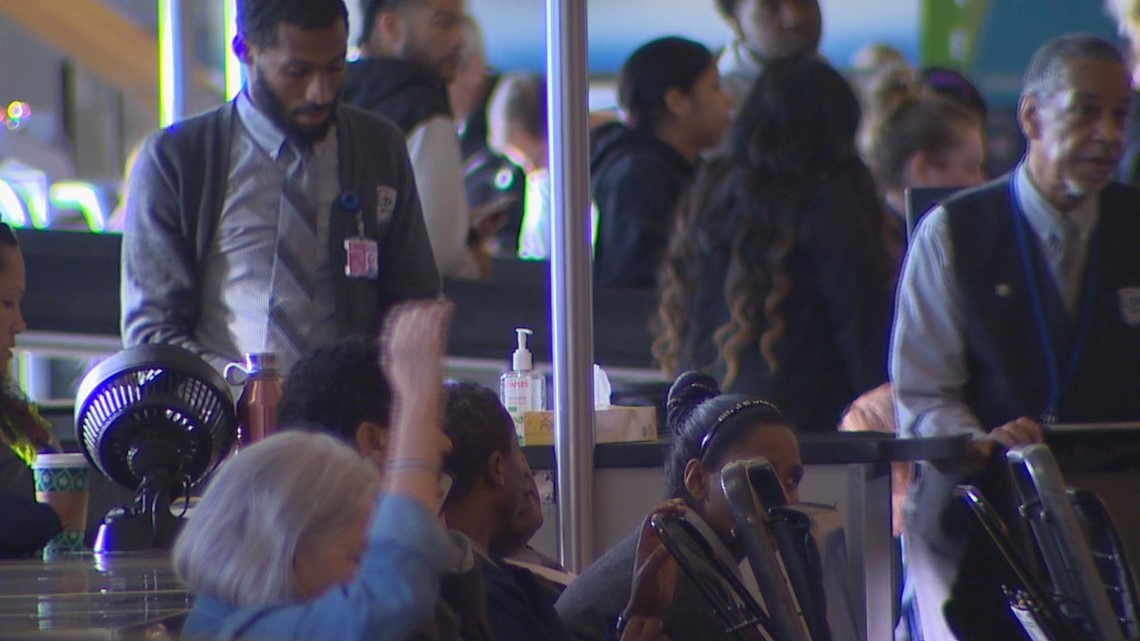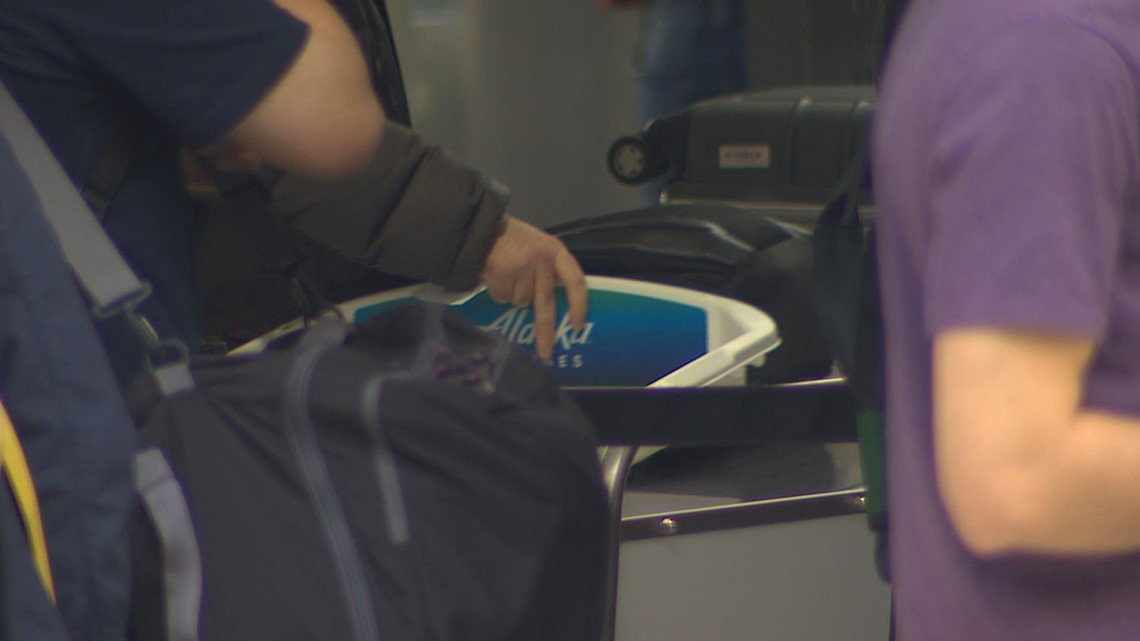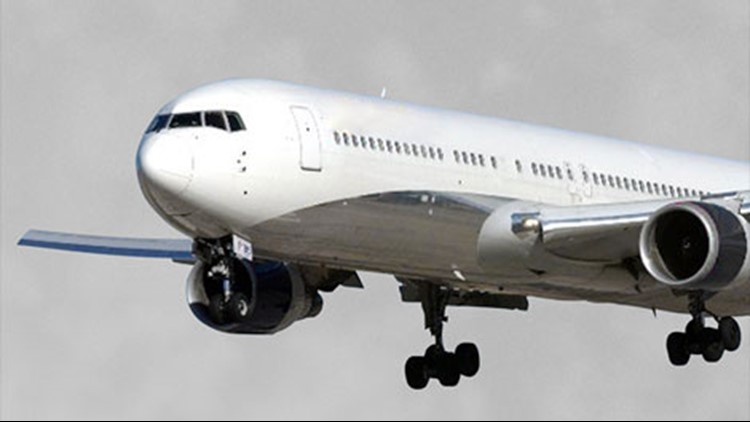University of Washington Medicine offered advice for travelers to stay healthy over the holiday season.
Doctors in the infectious disease department pointed to a recent study, which found airport security bins had the highest concentration of germs and viruses. The lowest, surprisingly – toilet seats.
“Oh, I don’t want to use the security bins now,” laughed Latashja Britt, on her way to Nashville.


She said she always carries hand sanitizer when she flies, and avoids touching armrests and railings.
“People – they cough into their hands, and not their elbows,” she said. “Then they touch and it sits and festers…”
"The good news is we usually have a healthy immune system, and that helps us repel those added invaders,” said Dr. Paul Pottinger, a UW Medicine specialist in infectious disease. “The only other thing people can do if is if they are coming in touch with a high touch surface, including those security line boxes – just wash your hands with soap and water or use an alcohol-containing hand rub."


Which Britt said is important: to not bring any unwanted germs home for the holidays.
“If you have elderly parents, you don’t want to bring it home it home to them and give them pneumonia or something,” she said.
A Port of Seattle spokesperson said cleaning crews circulate Sea-Tac throughout the day, and especially overnight before the morning rush. He also noted they recently expanded their work.
TSA said it recommends regular hand washing like in any public space, and advises travelers not to put food in the bins.
10 TIPS TO AVOID GETTING SICK WHILE TRAVELING
1. Wash your hands often, with soap and water for at least 20 seconds. The Centers for Disease Control and Prevention says it is the single most important infection control measure, and it lists it first among the guidelines for preventing the spread of disease on commercial aircraft.
2. Carry alcohol-based hand sanitizer (the CDC recommends at least 60 percent alcohol) in case water isn't nearby.
3. Avoid touching your eyes, nose and mouth with unwashed hands, the CDC tells flight crews.
4. Keep the air vents above your seat open to improve ventilation. Frequent flier and travel analyst Henry Harteveldt of Atmosphere Research in San Francisco says he points the open vent to blow air away from him on every flight.
5. Wipe down down the armrests and tray table with sanitary wipes and bring tissues to open the bathroom door.
6. Bring a face mask in case you're seated next to someone coughing or sneezing. Harteveldt doesn't use one but says it's become routine for many passengers following the SARS epidemic in 2003. The CDC recommends flight crews use them when dealing with sick passengers with respiratory symptoms.
7. Pick a window seat and don't budge. That was among the recommendations from a study published in March about how respiratory viruses spread on planes.
8. Ask a flight attendant if it's possible to switch seats to move away from a sick passenger. The same March study found that passengers within two seats or a row of a passenger with a respiratory illness have an 80% or greater possibility of getting sick, CNN reported.
9. Consult the Travelers' Health section of the CDC's website for advisories and advice on traveling around the world. You can filter by destination and the type of traveler you are, from a family with children to someone with a chronic disease.
10. Do your fellow travelers a favor and don't fly when you're really sick. The CDC recommends travelers stay home a minimum of 24 hours after a fever subsides. But what about those nasty airline ticket change fees ($200 plus any fare difference is common), you say? Two potential ways around them: buy travel insurance when you book your ticket (you won't be covered if you buy it after you get sick) or kindly explain your situation to an airline customer service representative (offering a note from your doctor) and hope for a one-time waiver. Southwest Airlines is the only major airline that does not charge ticket change fees on non-refundable tickets. Travelers receive a credit to use toward a future flight (at prevailing airfares, of course.)



